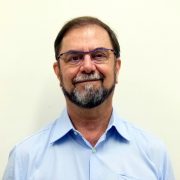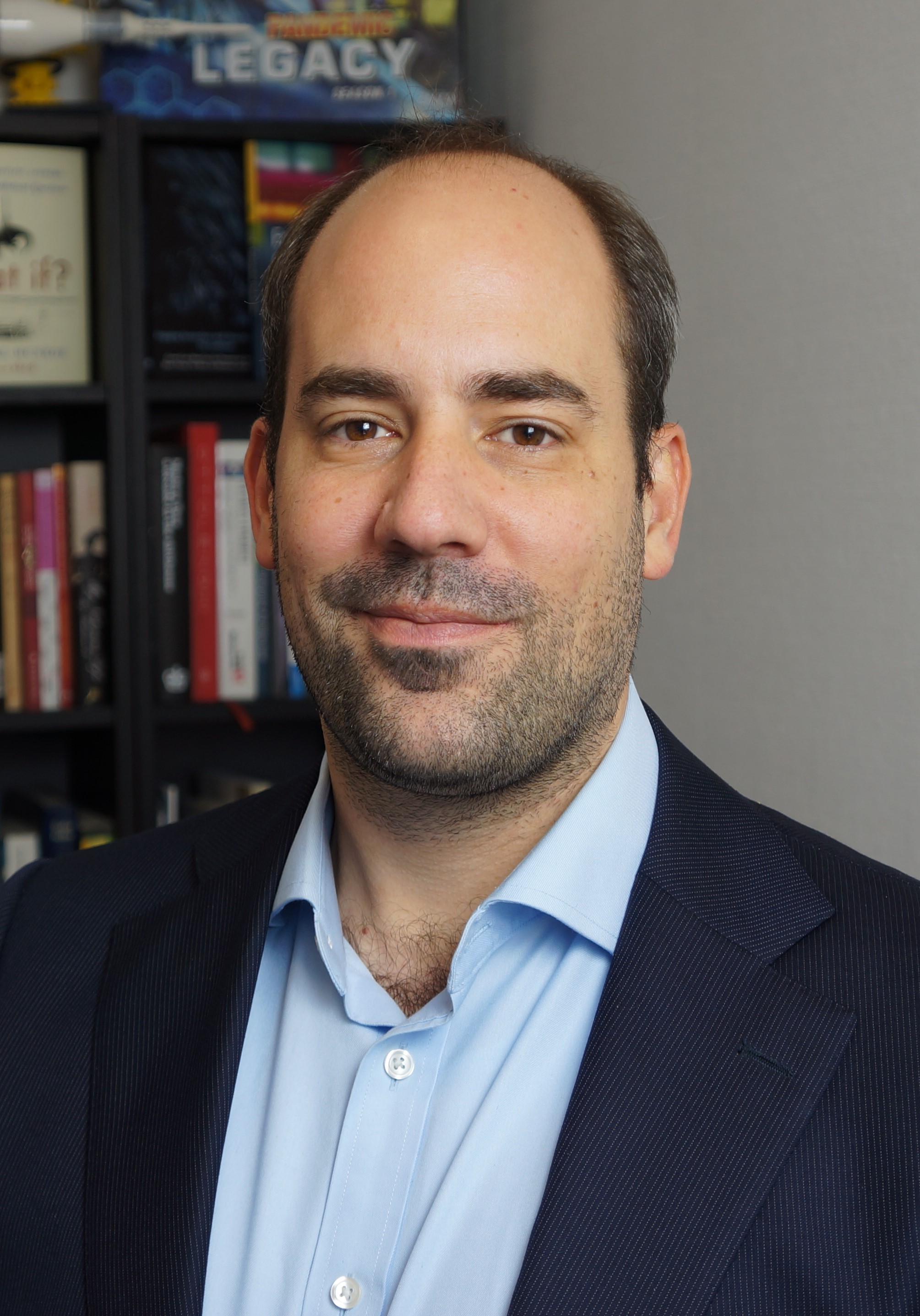IT in Disaster Risk Reduction (ITDRR)
International Federation for Information Processing
Session 487
Climate change and disaster management
This year is the centenary memorial year of the Great Kanto Earthquake which hit Tokyo around noon (11:58) on 1st September 1923. It was the earthquake of magnitude 7.9, whereas the recent one which hit Turkey and Syria was M7.8. The fatalities were 105000; 90% were by fire after the earthquake. Since then 1st September is the Disaster Prevention Day in Japan. We would like to look into such a disaster in metropolitan area this year as well as the issues on climate changes.
IFIP workshop on IT in Disaster Risk Reduction (ITDRR) has been looking into how we could make use for information and communication technologies for crisis response and disaster management. We try and have a new style to have the workshop more interactive so that after brief introduction of panelists, we shall have discussion over the following topics
- Climate change and disaster management:
- Disaster in a metropolitan area
- Recent issues such as COVID-19 and Turkey-Syria Earthquake
We have four panelists from IFIP, Marcos Borges, Julie Dugdale, Kenny Meesters and Raimundo José de Araújo Macêdo.

Chair of the IFIP WG5.15 on IT in DRR
Professor Emeritus, Iwate Prefectural University, Japan
Researcher, Institute for Mathematics and Computer Science, Tsuda University, Japan
She had Ph.D. from University of London (attended Dept. of Computer Science, University College London). Her research interests include networking, security, the sense of security, trust and disaster informatics as well as inclusive issues.

Marcos Borges earned his doctorate in Information Systems from the University of East Anglia, UK in 1986. He was Full Professor at the Federal University of Rio de Janeiro, Brazil and at TECNUN, University of Navarra, Spain.
He has been working on Emergency Management related topics since 2003. His research interests include Collaboration Support, Group Decision Systems, Resilience Engineering and Collective Knowledge. He is a former President of ISCRAM (Information Systems for Crisis Response and Management) Association and a former Vice-President of the Brazilian Association for Disaster Risk Reduction.

Julie Dugdale is a Professor of Computer Science at Grenoble Alps University in France and a member of the Grenoble Informatics Laboratory, the largest computer science research lab in France. She was also an adjunct Professor at the Centre for Integrated Emergency Management (CIEM) at the University of Agder, Norway. Julie Dugdale is currently the Vice Chair for IFIP Work Group 5.15 on IT in Disaster Risk Reduction. She is also an ex-President of the ISCRAM Association (Information System for Crisis Response and Management International Community). Her research interests focus on modelling and simulating human behaviour using an agent-based approach. Her work predominately focuses on human behaviour in crisis situations, such as earthquakes, forest fires and floods.

Kenny Meesters (@k_meesters) is a researcher in information management at Tilburg University (NL), formerly employed at Delft University (NL) & University of Agder (NO). He focuses on information management in an operational setting in crisis response and disaster management. He has done various field studies in the aftermath of large disasters. In addition to his research, he is also an active member and responder in various response mechanisms including the European Civil Protection Mechanism (UCPM) and the United Nations Disaster Assessment & Coordination team (UNDAC).

Raimundo Macêdo is a full professor of the computing institute and head of the Distributed Systems Laboratory at the Federal University of Bahia in Brazil. He holds a Ph.D. in Computer Science from the University of Newcastle upon Tyne (England).
He is the current President of Brazilian Computer Society (SBC) and the Brazilian representative in the IFIP’s general assembly.
He is the chairperson of the IFIP Task Force on Climate Change and Digital Technologies and also coordinated the SBC’s manifesto on Digital Technologies for the Environment [https://sol.sbc.org.br/livros/index.php/sbc/catalog/book/104].
His research interests include dependable and self-manageable distributed systems and cyber-physical systems. He is currently a member of the steering committee of SRDS (International Symposium on Reliable Distributed Systems).
-
 C1. The role of governments and all stakeholders in the promotion of ICTs for development
C1. The role of governments and all stakeholders in the promotion of ICTs for development
-
 C2. Information and communication infrastructure
C2. Information and communication infrastructure
-
 C3. Access to information and knowledge
C3. Access to information and knowledge
-
 C4. Capacity building
C4. Capacity building
-
 C5. Building confidence and security in use of ICTs
C5. Building confidence and security in use of ICTs
-
 C6. Enabling environment
C6. Enabling environment
-
 C7. ICT applications: benefits in all aspects of life — E-government
C7. ICT applications: benefits in all aspects of life — E-government
-
 C7. ICT applications: benefits in all aspects of life — E-business
C7. ICT applications: benefits in all aspects of life — E-business
-
 C7. ICT applications: benefits in all aspects of life — E-learning
C7. ICT applications: benefits in all aspects of life — E-learning
-
 C7. ICT applications: benefits in all aspects of life — E-health
C7. ICT applications: benefits in all aspects of life — E-health
-
 C7. ICT applications: benefits in all aspects of life — E-employment
C7. ICT applications: benefits in all aspects of life — E-employment
-
 C7. ICT applications: benefits in all aspects of life — E-environment
C7. ICT applications: benefits in all aspects of life — E-environment
-
 C7. ICT applications: benefits in all aspects of life — E-agriculture
C7. ICT applications: benefits in all aspects of life — E-agriculture
-
 C7. ICT applications: benefits in all aspects of life — E-science
C7. ICT applications: benefits in all aspects of life — E-science
-
 C8. Cultural diversity and identity, linguistic diversity and local content
C8. Cultural diversity and identity, linguistic diversity and local content
-
 C9. Media
C9. Media
-
 C10. Ethical dimensions of the Information Society
C10. Ethical dimensions of the Information Society
-
 C11. International and regional cooperation
C11. International and regional cooperation
Disasters are considered in Action Lines C2 and C10, however, all the Action Lines could have disaster issues as well.
- C1. Disaster management is one of the important risk management issues at governments as well as all stakeholders in the promotion of ICTs for development
- C2. The availability of information and communication infrastructure is important for disaster resposne.
- C3. Access to information and knowledge is important for situation awareness at disaster.
- C4. Capacity building is needed for preparation and mitigation for disaster.
- C5. Building confidence and security in use of ICTs for disaster communications including privacy issues.
- C6. Enabling environment is closeley related to natural disaster.
- C7. Disaster management required all the relevant ICT applications: benefits in all aspects of life — E-government, E-business, E-learning, E-health, E-employment, E-environment, E-agriculture and E-science.
- C8. Cultural diversity and identity, linguistic diversity and local content: Disaster information should be shared by every citizen in the world for future preparedness and mutual support.
- C9. Media is important once disaster happens to inform people of the current situations.
- C10. Ethical dimensions of the Information Society: Ethical issues are important at disaster not to spread biased misinformation.
- C11. International and regional cooperation is essential once a catastrophe occurs.
-
 Goal 1: End poverty in all its forms everywhere
Goal 1: End poverty in all its forms everywhere
-
 Goal 2: End hunger, achieve food security and improved nutrition and promote sustainable agriculture
Goal 2: End hunger, achieve food security and improved nutrition and promote sustainable agriculture
-
 Goal 3: Ensure healthy lives and promote well-being for all
Goal 3: Ensure healthy lives and promote well-being for all
-
 Goal 4: Ensure inclusive and equitable quality education and promote lifelong learning opportunities for all
Goal 4: Ensure inclusive and equitable quality education and promote lifelong learning opportunities for all
-
 Goal 5: Achieve gender equality and empower all women and girls
Goal 5: Achieve gender equality and empower all women and girls
-
 Goal 6: Ensure access to water and sanitation for all
Goal 6: Ensure access to water and sanitation for all
-
 Goal 7: Ensure access to affordable, reliable, sustainable and modern energy for all
Goal 7: Ensure access to affordable, reliable, sustainable and modern energy for all
-
 Goal 8: Promote inclusive and sustainable economic growth, employment and decent work for all
Goal 8: Promote inclusive and sustainable economic growth, employment and decent work for all
-
 Goal 9: Build resilient infrastructure, promote sustainable industrialization and foster innovation
Goal 9: Build resilient infrastructure, promote sustainable industrialization and foster innovation
-
 Goal 10: Reduce inequality within and among countries
Goal 10: Reduce inequality within and among countries
-
 Goal 11: Make cities inclusive, safe, resilient and sustainable
Goal 11: Make cities inclusive, safe, resilient and sustainable
-
 Goal 12: Ensure sustainable consumption and production patterns
Goal 12: Ensure sustainable consumption and production patterns
-
 Goal 13: Take urgent action to combat climate change and its impacts
Goal 13: Take urgent action to combat climate change and its impacts
-
 Goal 14: Conserve and sustainably use the oceans, seas and marine resources
Goal 14: Conserve and sustainably use the oceans, seas and marine resources
-
 Goal 15: Sustainably manage forests, combat desertification, halt and reverse land degradation, halt biodiversity loss
Goal 15: Sustainably manage forests, combat desertification, halt and reverse land degradation, halt biodiversity loss
-
 Goal 16: Promote just, peaceful and inclusive societies
Goal 16: Promote just, peaceful and inclusive societies
-
 Goal 17: Revitalize the global partnership for sustainable development
Goal 17: Revitalize the global partnership for sustainable development